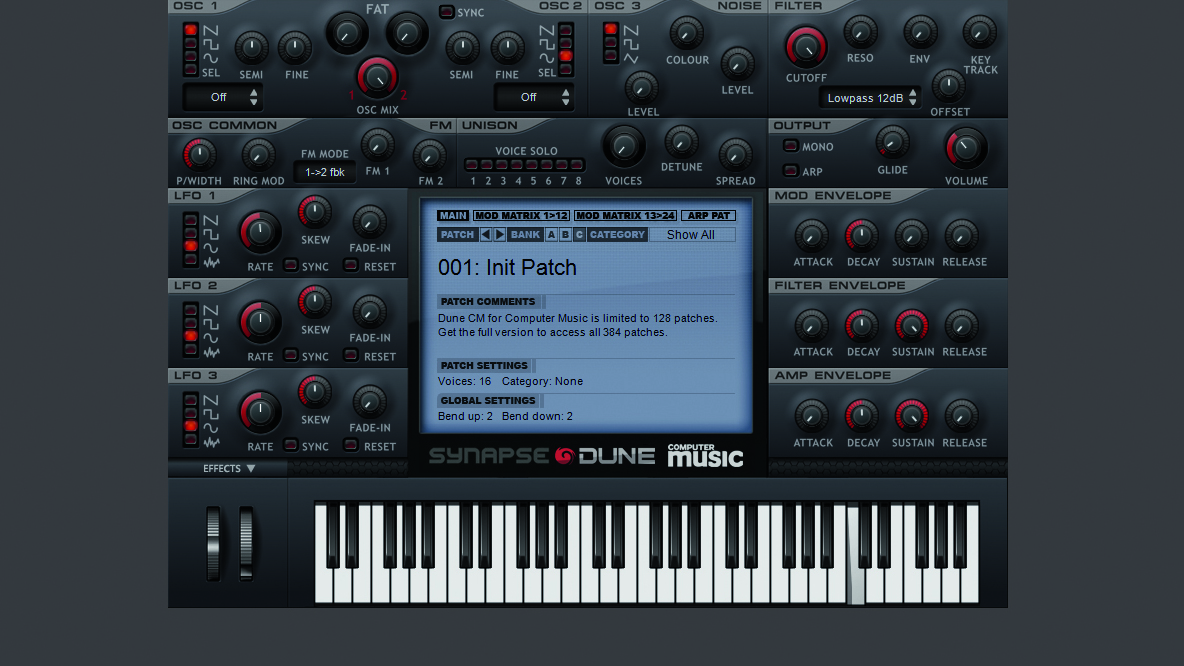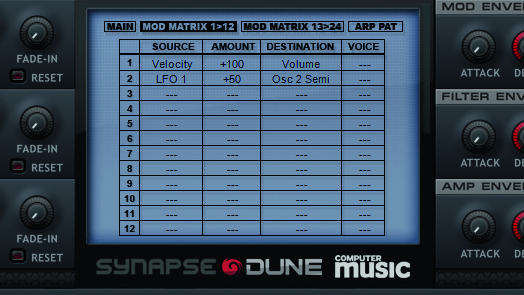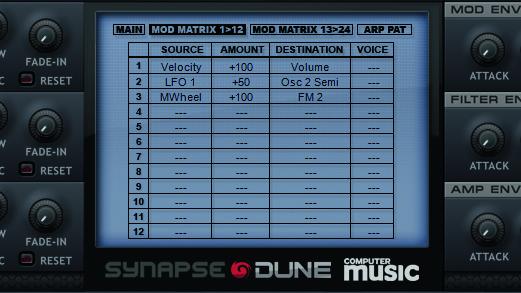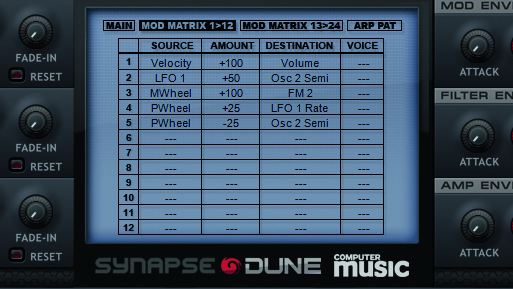The 40 greatest synth sounds of all time, No 22: Star Wars - R2-D2
Here's how to recreate the sound of the much-loved droid
Set a long time ago, in a galaxy far, far away, Star Wars is acknowledged as one of the most culturally significant sci-fi series of all time, with the films grossing over $10 billion worldwide to date.
Musically, the Star Wars franchise is best known for the epic orchestral arrangements written by John Williams. However there are also a lot of sound effects peppered through the films, from the hyperspace engines of the Millennium Falcon through to the fizzy sounds of Luke’s lightsaber.
While a lot of these sounds were created using real-life sound design techniques, a number were made using synthesis, including the chirpy, robotic dialogue of R2-D2, synthesised using a classic ARP 2600.
Although R2-D2 didn’t speak a recognisable language, sound designer Ben Burtt wanted the robot’s vocal to have a relatable, human quality.
Let’s recreate R2-D2’s vocal stylings using Synapse Audio’s DuneCM, which offers all the flexible modulation options we’ll need.

Step 1: Firstly, push the Osc Mix up to 100%, so we can only hear Osc 2. We can use frequency modulation (FM) later on to add depth. Next, set Osc 2 to a sine wave; this basic tone is the building block of our robot sound. Now, we can use modulation to make our sound talk.

Step 2: To mimic R2’s chirpy tones, use an LFO to modulate the pitch of Osc 2. Set LFO1 to the Sample & Hold waveform, then assign it to Osc 2’s Semitone control in the Mod matrix at +50. We’ve used the Sample & Hold LFO waveform as it imparts a random quality to the pitch modulation.
Want all the hottest music and gear news, reviews, deals, features and more, direct to your inbox? Sign up here.

Step 3: Assign the mod wheel to a couple of DuneCM’s parameters. In the mod matrix, assign MWheel to FM 2 at +100. As you increase Mod Amount, you’ll hear extra harmonics being added to the sound, making it simple to add variations, whilst adding realism.

Step 4: Assigning pitch bend to LFO1’s Rate at +25 lets us speed up the LFO for a more R2-D2-esque sound. We’ll also assign PWheel to Osc 2’s Semitone control at -25, changing the tuning while speeding up the LFO. Set Output Control to Mono, so you can only play one key at a time.


Computer Music magazine is the world’s best selling publication dedicated solely to making great music with your Mac or PC computer. Each issue it brings its lucky readers the best in cutting-edge tutorials, need-to-know, expert software reviews and even all the tools you actually need to make great music today, courtesy of our legendary CM Plugin Suite.
